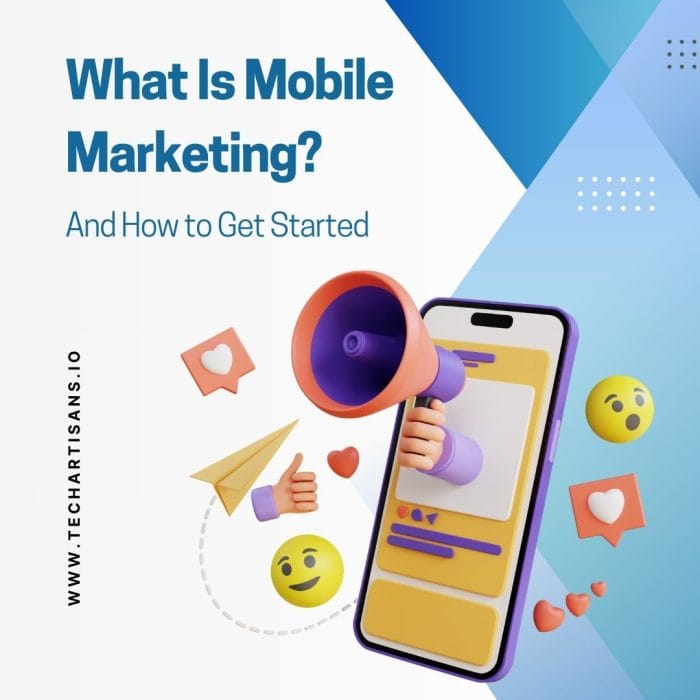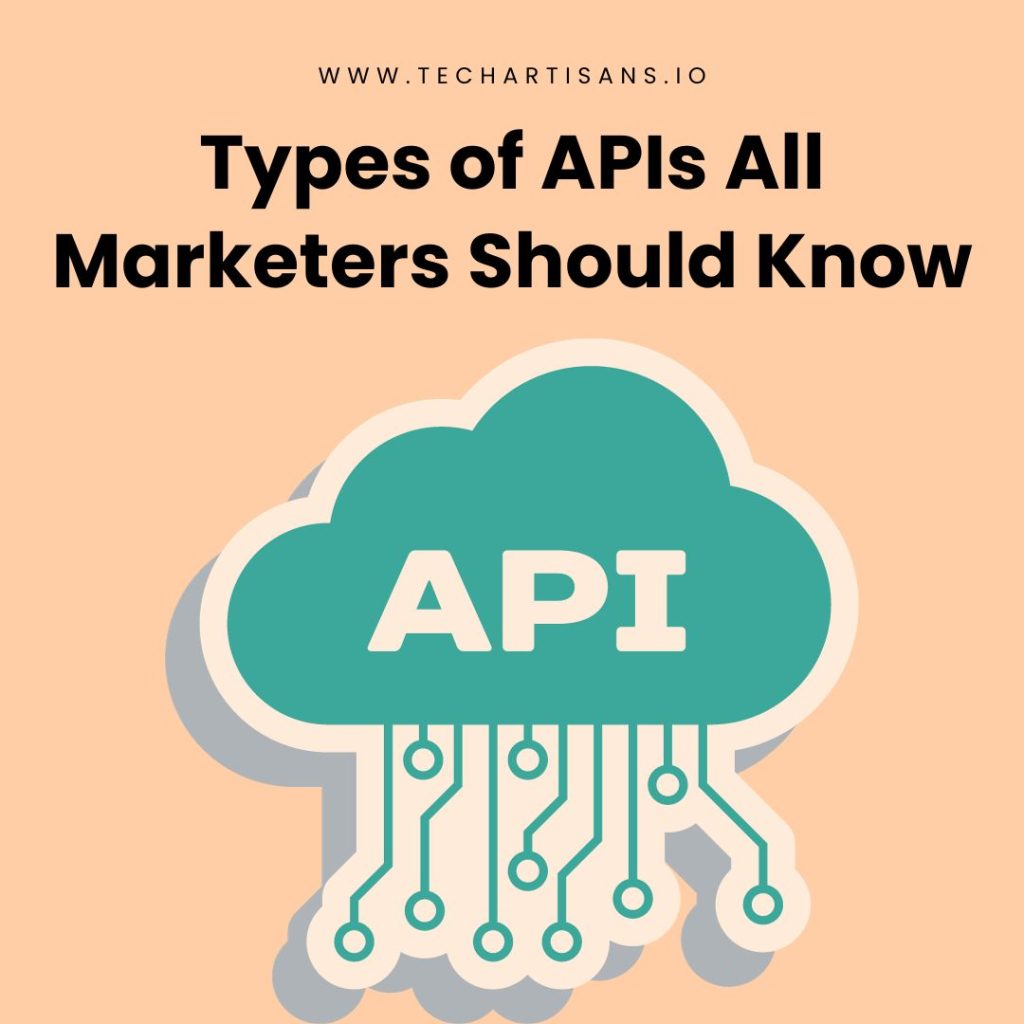Mobile marketing has become a potent tool for businesses, poised to transform their outreach methods. Given the widespread use of smartphones, it’s crucial to grasp the concept of Mobile Marketing and learn how to dive in. This innovative approach isn’t just another item in your marketing toolkit; it’s a game-changer. Still, it has evolved into a distinct category – “mobile marketing services a category of one.” In this blog, we will uncover the unmatched advantages of Mobile Marketing and how your small to medium-sized business can grow by using these tactics.
Concept of Mobile Marketing
Mobile marketing, a crucial business strategy, ensures effective reach and engagement with customers on handheld devices. Let’s go through its concept and execution.
1. Mobile Marketing: A New Era of Digital Engagement
Mobile Marketing is a multi-channel, digital marketing strategy to reach potential customers on smartphones, tablets, or other mobile devices. This approach utilizes technology to tailor marketing campaigns to mobile device users browsing websites, social media platforms, or mobile apps.
2. Manipulating the Power of Mobile
Mobile marketing enables businesses to capitalize on the shift in user behavior towards mobile platforms. It’s about delivering personalized content or ads to customers who are constantly connected and on the go. Mobile marketing covers a broad range of strategies, including mobile advertising, in-app marketing, location-based services, and SMS marketing, to name a few.
3. Uniqueness of Mobile Marketing
The soul of mobile marketing lies in its ‘always-on’ nature and the intimacy it allows businesses to build with their customers. Think about it – smartphones are the first things many look at when we wake up and the last before we sleep. This offers businesses an opportunity unparalleled by any other form of marketing – the chance to become a part of the customer’s day-to-day life.
Importance of Mobile Marketing
In an ever-evolving digital landscape, understanding the importance of mobile marketing is beneficial and essential for businesses aiming to stay competitive and resonate with their audience.
Exponential Growth
With 5 billion mobile users worldwide and mobile devices driving 50% of web traffic in 2021, businesses should harness mobile marketing. Over 90% of user mobile time is spent on apps, highlighting the need to tap into this trend for broader reach, increased engagement, and higher conversion rates. Mobile usage growth is a valuable opportunity for businesses.
Mobile Marketing: A Modern Necessity
In today’s digital era, mobile marketing is no longer a luxury but a necessity. With the rise in mobile usage, businesses must pay attention to this platform. A strong mobile marketing strategy allows direct customer interaction, personalized engagement, and increased reach. It tackles the power of mobile apps to capture the attention of potential customers, ultimately boosting leads, sales, and brand visibility.
Read Digital Marketing Kickstart: Finding Your Starting Point
Types of Mobile Marketing
let’s discuss the types of Mobile Marketing:
1. Mobile-Friendly Websites
Mobile-friendly websites are like phone superheroes. They work great on small screens, load fast, and have readable content. They’re a must in our digital world because they make users happy, keep them on your site longer, and help you rank better on search engines. It’s a vital part of mobile marketing, reaching everyone browsing their phones.
2. Mobile-Optimized Emails
Mobile-optimized emails are designed to look great and function well on mobile devices. They employ strategic placements of buttons for ease of use, concise content for quick reading, and responsive design to fit any screen size. This form of mobile marketing is essential in reaching customers directly in their inboxes, driving engagement, and enhancing click-through rates.
3. Social Media Marketing
Social Media Marketing leverages social networking platforms to engage with your audience, build your brand, increase sales, and drive website traffic. It involves posting great content on your social media profiles, listening to and engaging your followers, analyzing your results, and running social media ads.
4. In-App Marketing
In-app marketing refers to the practice of advertising directly within a mobile application. This strategy is based on understanding user behavior within apps and then delivering tailored ads, promotions, or other marketing communications within that app environment.
5. Location-Based Mobile Marketing
Location-Based Mobile Marketing is a strategy that uses a user’s geographical location to deliver personalized ads or content. This data-driven method leverages GPS technology to engage users based on their proximity to a specific place, such as a store or event.
6. Mobile Search Marketing
Mobile Search Marketing involves optimizing your online content and ads for visibility in search engine results on mobile devices. This strategy incorporates Search Engine Optimization (SEO) techniques tailored for mobile and paid advertising campaigns specifically designed for mobile platforms.
7. Mobile Video Marketing
Mobile Video Marketing uses video content in advertising strategies designed for mobile platforms. With the rise of social media and the increasing consumption of video content on mobile devices, this strategy helps businesses to captivate users, enhance engagement, and promote brand messages.
8. Mobile Commerce Marketing
Mobile Commerce Marketing leverages mobile devices to promote sales and transactions, offering the convenience of shopping anytime, anywhere. Harnessing technologies like QR codes, augmented reality, and mobile payment systems optimize the e-commerce experience for mobile users.
9. Augmented Reality Marketing
Augmented Reality Marketing uses AR technology to overlay digital information in the real world, creating an interactive user experience. This innovative approach can enhance brand interaction, improve customer engagement, and create memorable experiences that drive sales and brand loyalty.
10. Conversational Mobile Marketing
Conversational Mobile Marketing involves using chatbots or AI assistants to engage with customers directly on mobile platforms. This strategy enhances the customer experience by providing instant responses, personalized messaging, and 24/7 customer service, improving customer satisfaction and retention, thus forming an essential component of a comprehensive mobile marketing approach.
11. Mobile Influencer Marketing
Mobile Influencer Marketing is a strategic approach that leverages the power of popular individuals on social media, known as influencers. These influencers promote your brand or product to their followers via mobile devices, effectively driving brand awareness, engagement, and conversions in mobile marketing.
12. App Store Optimization
App Store Optimization (ASO) is a crucial component of mobile marketing services. It involves optimizing mobile apps to rank higher in an app store’s search results, thereby increasing visibility for potential customers. The goal is to drive more traffic to your app’s page, leading to more downloads and user engagement.
Best Practices for Getting Started with Mobile Marketing
Let’s delve into some effective practices to kick-start your venture into mobile marketing.
1. Identifying the Target Audience
Starting mobile marketing? First, figure out who’s interested. Know what your customers like, what they want, and how they behave. Use data analysis to get info on their age, where they live, how much they earn, and what they do. This tells you who your stuff is perfect for and who’ll likely love your mobile ads.
Read more about Who Is Your Ideal Customer
2. Setting Clear Objectives
Setting clear objectives is fundamental to your mobile marketing strategy. It involves determining what you want to achieve, such as increasing brand awareness, boosting sales, or enhancing customer engagement. By defining your goals, you can tailor your mobile marketing services and track your progress effectively.
3. Establishing KPIs
Establishing Key Performance Indicators (KPIs) is crucial in defining and measuring progress toward your business goals. Mobile marketing KPIs include click-through rates, conversion rates, user engagement, and session duration. These measurable values ensure your ‘mobile marketing services as a category of one’ strategy deliver effective results and meet your established objectives.
Mobile Marketing Services
Leveraging ‘mobile marketing services a category of one’ can be your blueprint to break through the clutter and carve a unique niche for your small to medium business.
1. Uniqueness of Mobile Marketing Services
Mobile marketing services are unique due to their inherent flexibility and reach. They allow brands to deliver personalized experiences to the user’s pocket, creating an intimate and engaging communication channel. With location-based services, real-time notifications, and rich media, mobile marketing elevates the traditional marketing model, offering dynamic, interactive, and tailored experiences.
2. Differentiating in Mobile Marketing
To shine in mobile marketing, make each user feel special. Learn what they like and do, then create content just for them. It’s like treating each user as a unique category.
Use cool stuff like AR and VR to give unforgettable immersive experiences. Interactive ads and VR previews make users happy. Send timely push notifications, like special offers or reminders, to keep users around. Being unique and personal is the way to stand out in mobile marketing.
Advantages of Mobile Marketing
The following are the Advantages of Mobile Marketing :
1. Accessibility & Immediacy
Mobile marketing offers unparalleled accessibility and immediacy. With smartphones within our reach at all times, businesses can connect with customers instantly and directly. Messages, notifications, and ads can be delivered in real-time, leading to immediate responses, quick decision-making, and elevated levels of customer engagement.
2. Sophisticated Targeting
Sophisticated targeting in mobile marketing involves using advanced algorithms and data analytics to identify and reach specific audience segments. Businesses can deliver personalized, relevant content to enhance user engagement and conversion rates by considering factors like location, demographics, behavior, and personal preferences.
3. Trackable Results
Mobile marketing enables trackable results, providing businesses with quantifiable data on user engagement, click-through rates, conversions, and overall campaign effectiveness. This empowers businesses with critical insights to evaluate performance, make data-driven decisions, and optimize their strategies for improved outcomes.
4. Cost-Effectiveness
Mobile marketing proves to be cost-effective due to its targeted nature. It allows businesses to narrow their focus and reach specific audiences, ensuring every dollar spent yields optimal returns. With mobile marketing, companies invest in strategies that offer high engagement rates, boosting ROI cost-efficiently.
5. Personalization Potential
The personalization potential in mobile marketing is tremendous. It enables businesses to customize content based on each user’s preferences and behavior, creating a highly personalized experience. This tailored approach heightens user engagement, fosters customer loyalty, and drives higher conversion rates.
6. A/B Testing
A/B Testing in mobile marketing compares two versions of a webpage, ad, or other marketing element to determine which performs better. It allows businesses to make data-driven decisions and refine their marketing strategies based on the preferences and behaviors of their target audience.
7. Shareability
Shareability in mobile marketing refers to the ease with which content can be distributed among users on mobile platforms. A strategy is highly shareable if it encourages users to forward or share the content with their network, amplifying reach and engagement. It plays an instrumental role in boosting brand exposure and fostering virality.
Disadvantages of Mobile Marketing
Despite its myriad benefits, “mobile marketing services a category of one” has disadvantages that warrant consideration.
1. User Privacy Issues
User privacy is a significant concern in mobile marketing. If not handled correctly, collecting users’ data for targeting and personalization can lead to privacy breaches. This raises issues around data security, user consent, and potential misuse of information.
2. No Room for Navigation
Due to the limited screen size on mobile devices, there needs to be more room for detailed navigation compared to desktops. Complex navigation can lead to a frustrating user experience on mobile. Hence, in mobile marketing, creating a simplistic and intuitive interface that facilitates easy navigation for users is essential.
Conclusion
Mobile marketing services are a crucial element of modern business strategies in the digital era. Their extensive reach and ability to customize messages make them a potent tool for small and medium-sized businesses to engage with customers. The concept of ‘mobile marketing services a category of one’ underscores this unique ability to tailor experiences to each user. In our mobile-centric world, companies should adapt their marketing tactics to match the changing digital environment. The future is about mobile, and it’s time to embrace this transformative marketing channel.







